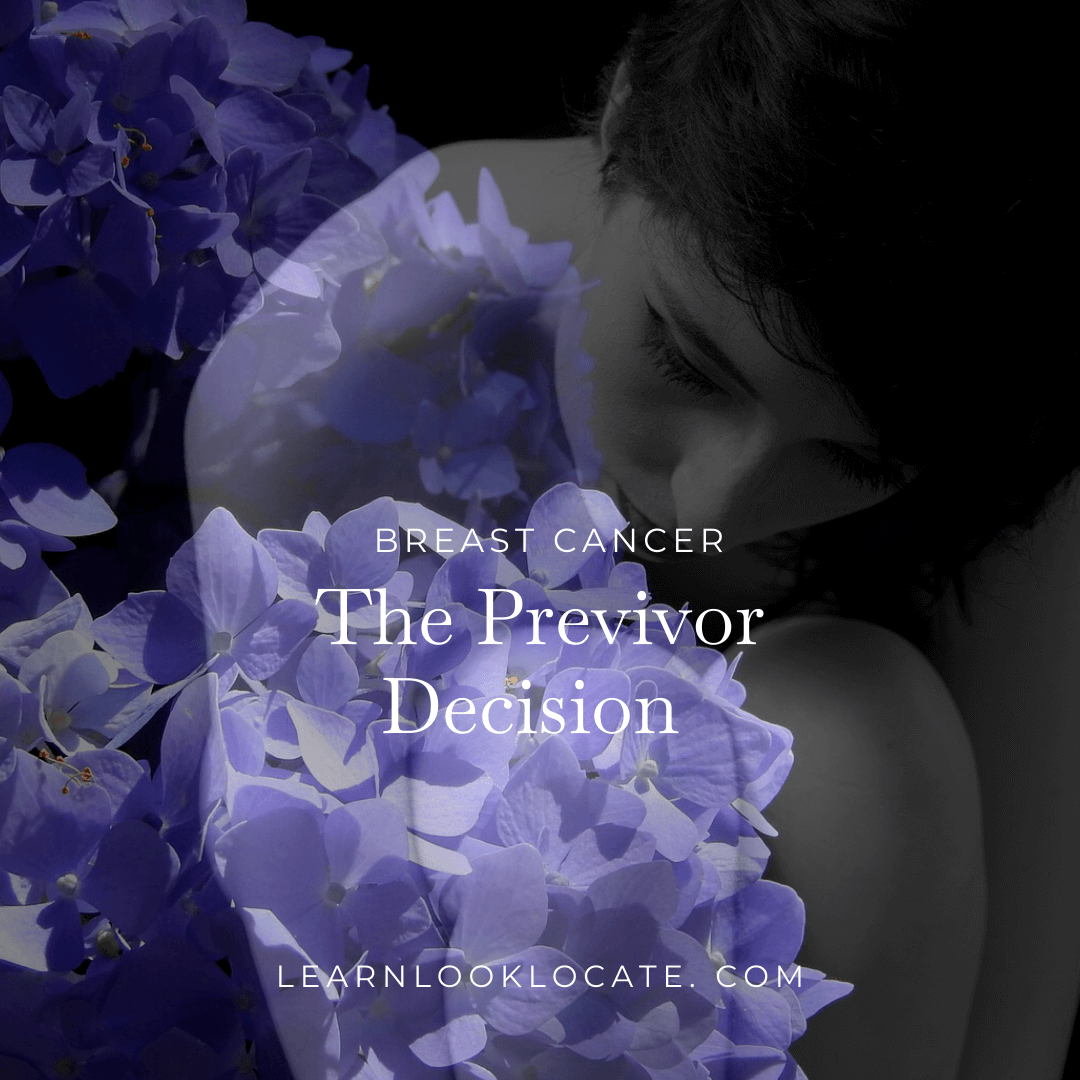
Who should consider BRCA gene testing?
The BRCA gene test is a blood test that uses DNA analysis to identify harmful changes (mutations) in either one of the two breast cancer susceptibility genes — BRCA1 and BRCA2.
People who inherit mutations in these genes are at an increased risk of developing breast cancer and ovarian cancer compared with the general population.
The BRCA gene test is offered to those who are likely to have an inherited mutation based on personal or family history of breast cancer or ovarian cancer. The BRCA gene test isn’t routinely performed on people at average risk of breast and ovarian cancers.
The results of genetic testing aren’t always clear. A positive result means you carry a gene mutation that increases your risk of cancer and you can work with your doctor to manage that risk. A negative result may mean that you don’t have the mutation or that you might have a gene mutation doctors haven’t discovered yet. Your test might also identify a gene variant that doctors aren’t certain about. In these situations, it’s not always clear what the results mean for your cancer risk.
Most people considering genetic testing undergo genetic counseling. Genetic counseling can help you understand what the results could mean for your health, help you decide whether genetic testing is right for you, and recommend a specific set of ge Who should consider BRCA gene testing?
You might be at increased risk of having an inherited gene mutation that increases the risk of breast and ovarian cancers — and a candidate for genetic testing — if you have:
- A personal history of breast cancer diagnosed before age 45
- A personal history of breast cancer diagnosed before age 50 and a second primary breast cancer, one or more relatives with breast cancer, or an unknown or limited family medical history
- A personal history of triple negative breast cancer diagnosed at age 60 or younger
- A personal history of two or more types of cancer
- A personal history of ovarian cancer
- A personal history of male breast cancer
-
- A personal history of breast cancer and one or more relatives with breast cancer diagnosed before age 50, two or more relatives diagnosed with breast cancer at any age, one or more relatives with ovarian cancer, one or more relatives with male breast cancer, or two or more relatives with prostate cancer or pancreatic cancer
- A personal history of breast cancer and Ashkenazi (Eastern European) Jewish ancestry
- A personal history of prostate cancer or pancreatic cancer with two or more relatives with BRCA-associated cancers
- A history of breast cancer at a young age in two or more blood relatives, such as your parents, siblings or children
- A relative with a known BRCA1 or BRCA2 mutation
- One or more relatives with a history of cancer that would meet any of these criteria for gene testing
Ideally, in a family that might carry a gene mutation, a family member who has breast or ovarian cancer will have the BRCA gene test first. If this individual agrees to genetic testing and doesn’t carry the BRCA gene mutation, then other family members may not benefit from genetic testing. However, there might be other genetic tests to consider. A genetic counselor can help you decide what other genetic testing options may be available based on your personal and family history.
Other breast cancer genes
Researchers have identified mutations in multiple genes that increase the risk of breast cancer. Your doctor might recommend testing for these gene mutations, too, based on your family history of cancer.
Genetic tests based on your family history.
